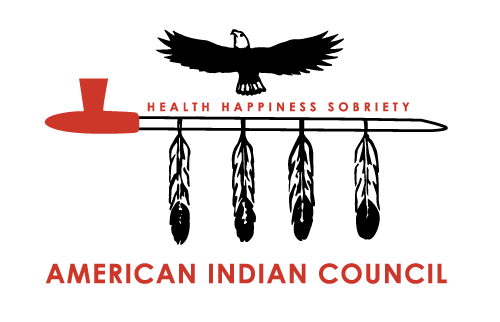October is National Domestic Violence Awareness Month. It’s a time for all of us to speak up against violence — in this case, within partners — and raise awareness for the devastating yet all too common issue impacting millions in the United States today.
Domestic violence can happen to anyone, in every community, regardless of age, gender, sexual orientation, race or religion. In the nation specifically, over 10 million adults experience domestic violence annually, with one in four women and one in ten men victimized. Now more than ever, it’s time to wrap a blanket of hope around this problem and lower the numbers indefinitely. Although easier said than done, it can be done. We just have to know where to start. The first step is understanding warning signs.
Domestic violence hides in many shapes and forms. That’s why it’s vital to take note of every possibility in which it can lurk in the shadows. Some ways to spot potential domestic violence within a relationship include one, or both partners:
- Telling the other they never do anything right
- Showing extreme jealousy of the other’s family and/or friends
- Preventing or discouraging the other from spending time with loved ones
- Insulting, demeaning or shaming the other
- Preventing the other from making their own decisions
- Controlling all finances within the household without discussion
- Pressuring the other to perform sexual acts they’re not comfortable with
- Pressuring the other to use drugs or alcohol
- Intimidating the other with weapons
- Physically putting their hands on the other in an abusive way
If you notice any of these warning signs within your own relationship–or know of another person who may be experiencing anything referenced above–don’t wait. Seek help from trusted friends or family for support. Together, create a safety plan and begin implementing the steps to get your loved one to safety.
If you or the victim have any questions or need an additional guide, StrongHearts Native Helpline has advocates available 24/7 at 1-844-762-8483. The online platform loveisrespect.org also has a chat feature where you can text ‘LOVEIS’ to 22522 and be assisted by a trained professional promptly.
Trials and tribulations in relationships are inevitable. Bumps in the road do happen. However, these bumps should be healthy. They shouldn’t promote mental, emotional, physical or spiritual abuse.
If you feel your own relationship is rooted in violence — or know of someone’s who might be — take action and seek help today.


